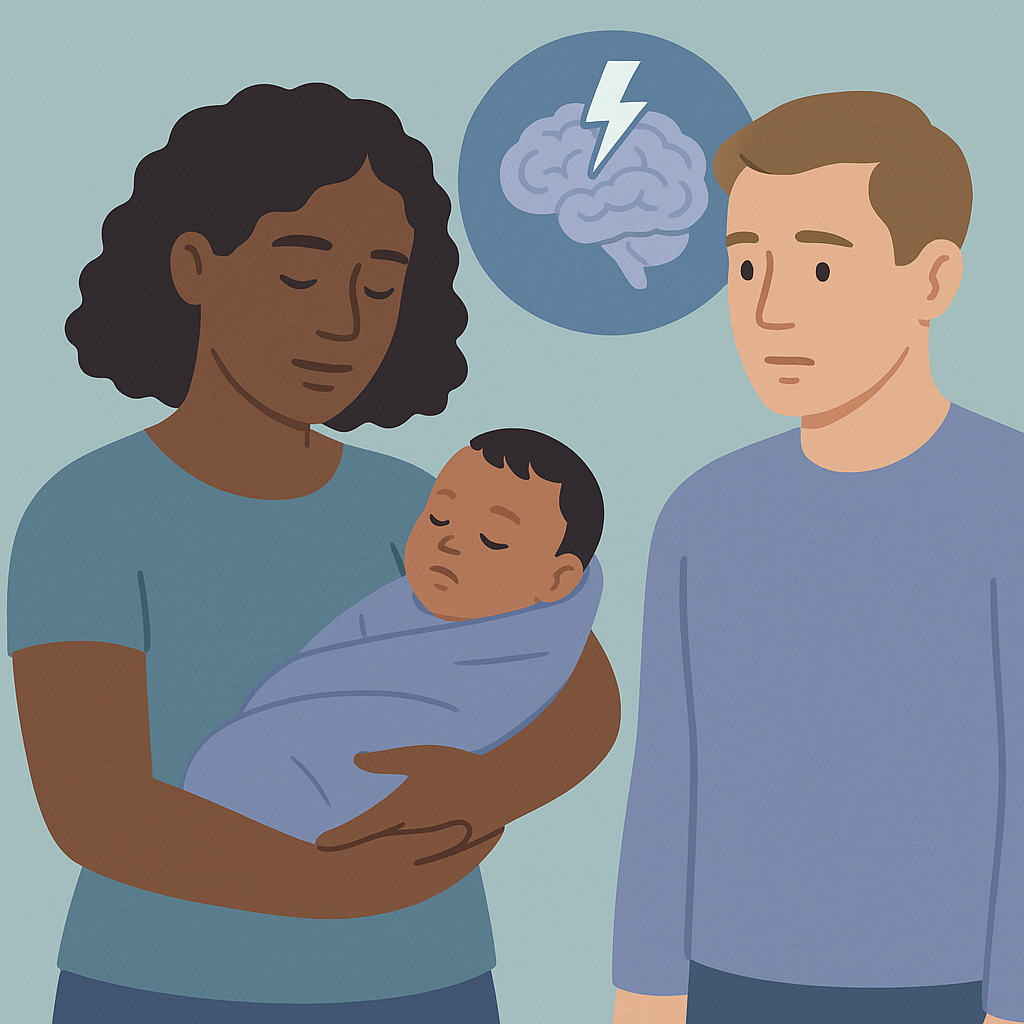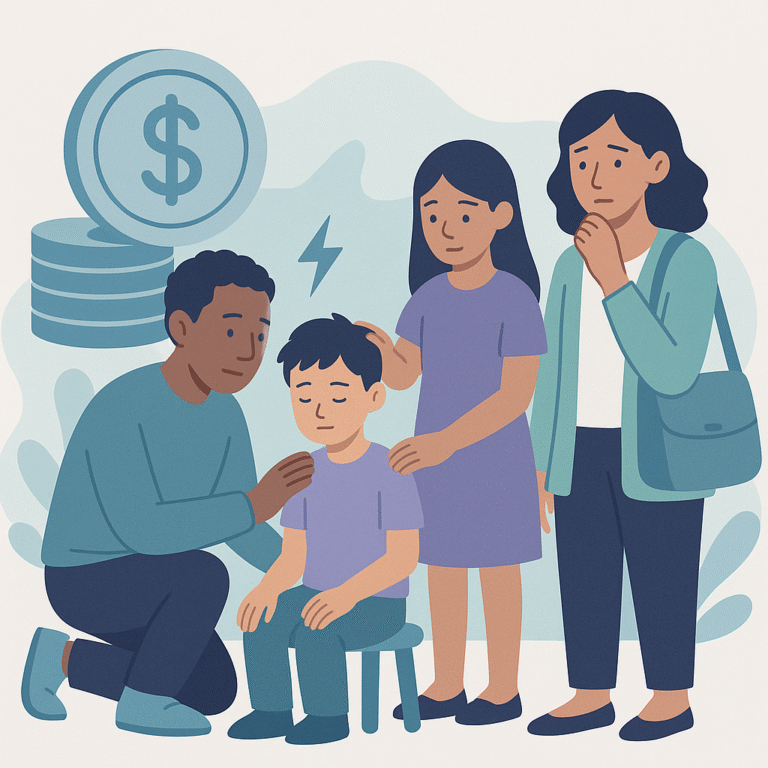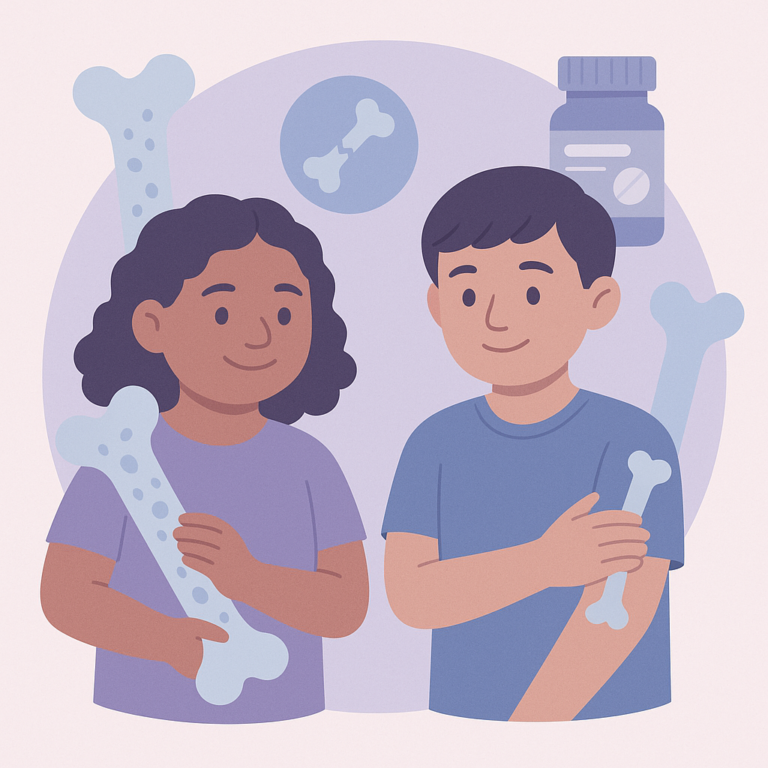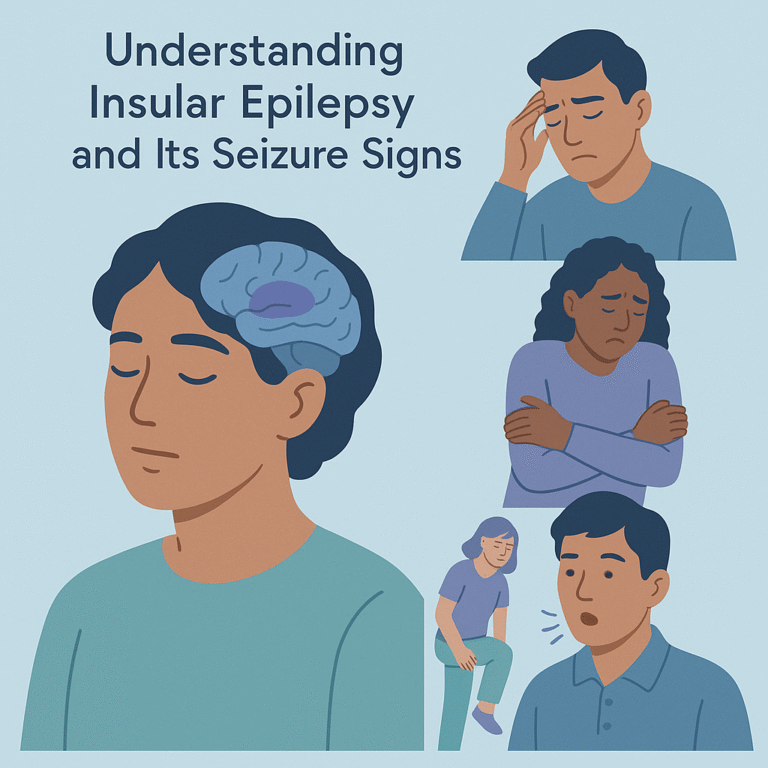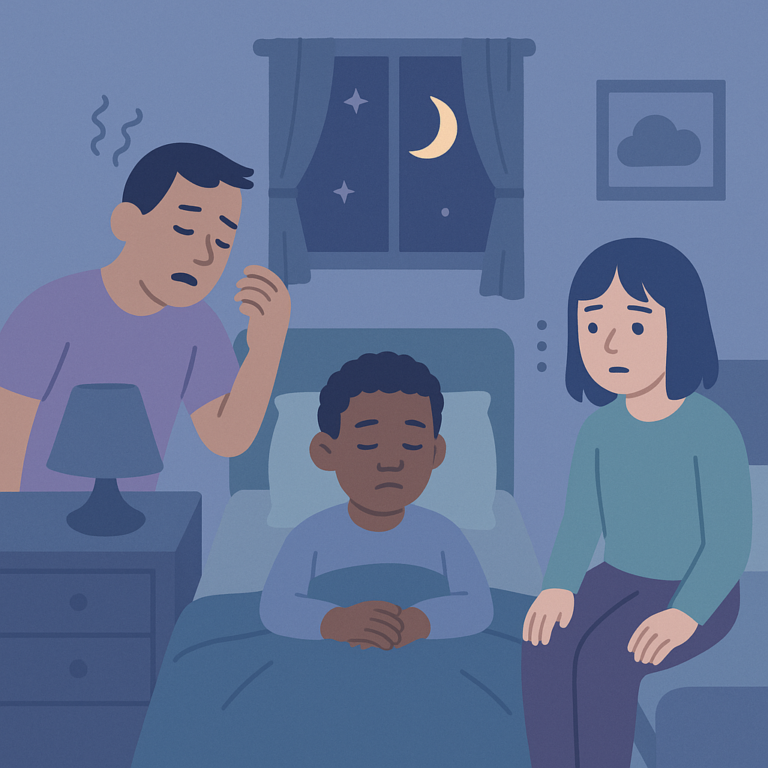High Risk of Epilepsy After Neonatal Seizures Found
⚠️ Infant dosing/safety: medication and diet decisions for infants require individualized medical guidance.
Source: Pediatric neurology
Summary
A recent study from Sweden looked at the risk of developing epilepsy after infants experienced seizures shortly after birth. The researchers focused on children born between 2009 and 2020 who had their seizures confirmed through special brain wave tests. They followed these children for several years to see how many developed postneonatal epilepsy (PNE) compared to a group of children without neonatal seizures.
The study found that about 15.7% of infants with neonatal seizures developed PNE by the age of 2, and this number increased to 22.4% by age 7. In contrast, only a tiny fraction (0.11% at 2 years and 0.56% at 7 years) of the control group without seizures developed PNE. The researchers also noted that phenobarbital was the most commonly used medication for these infants during their hospital stay, but the number of infants sent home with medication dropped significantly over the years, even though the risk of developing PNE did not change.
These findings are important because they highlight that infants who have seizures shortly after birth are at a much higher risk of developing epilepsy later on. This suggests that children with neonatal seizures need careful monitoring as they grow. However, the study has limitations, such as not exploring the reasons behind the seizures or the effects of different treatments, indicating that more research is needed to understand the long-term outcomes for these children.
Free: Seizure First Aid Quick Guide (PDF)
Plus one plain-language weekly digest of new epilepsy research.
Unsubscribe anytime. No medical advice.